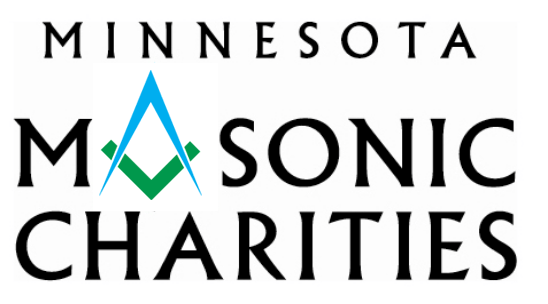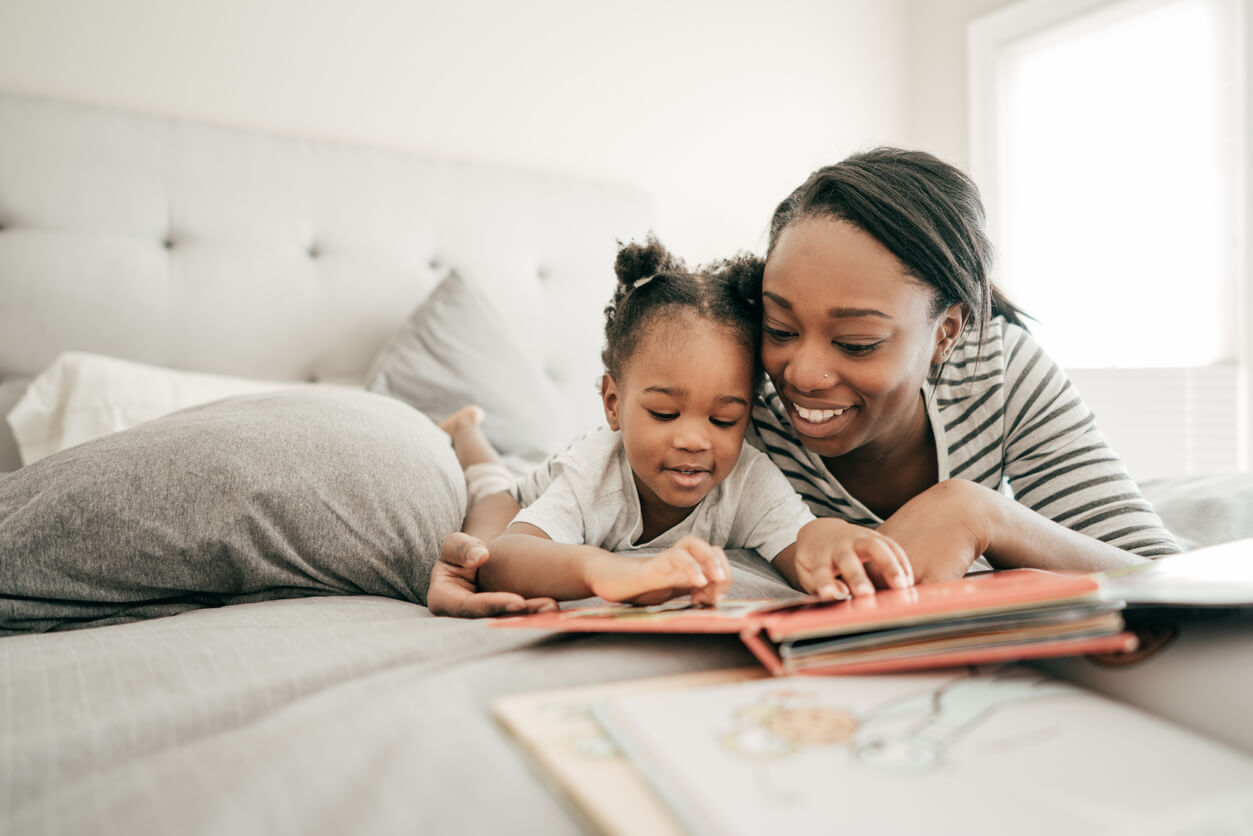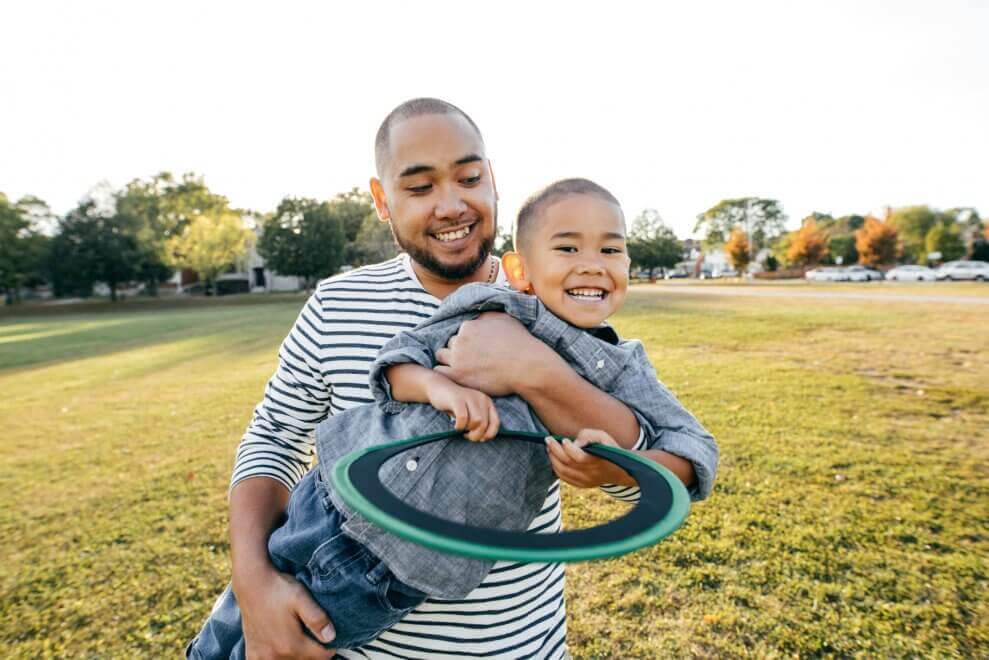Have you ever thought about your mealtime conversations and what everyone at the table gets out of them? As a family, we have always tried to have at least one family meal together around the table each day. Most of the time for us that meal has been dinner. Our conversations have long been a way for us all to share about our day as we were off at work, school and daycare. Our conversations were always a great way to catch up with each other and reflect on our days. However, now that a lot of our days have found us working and schooling from home together, our dinner conversations have changed. I recently reflected on the positive conversational learning opportunities our new conversations have had for all of us.
It all started with my daughter’s idea to have a ‘Question of the Day’ at dinnertime. We started out by simply naming our favorite of something: “What is your favorite season?” “Who is your favorite Harry Potter character?” and so on. These started out as quick answers, but quickly moved to involve some explanations. I watched as all my kids now were not simply stating an answer to a question but providing their ‘why’ and reasons for the choices they made. Even our two-year-old was getting into the groove of answering. Most often his answer was “Puppies” and “Cuz me like them!” But it did not matter what the question really was, he was waiting his turn and listening to others, and when his turn came, he was adding to the conversation!
Our questions have evolved to include “Would you rather?” or “Would you ever?” type questions as well. Our “Would you rather” questions range from what we would rather eat to different situations we would rather be stuck in. Again, these questions can be simple one-word responses, but often open up conversations to understand the why behind the answer. We have had a lot of fun with these as my children have started to understand the process of asking these questions over time. Our five-year-old started out asking “Would you rather” questions that didn’t related to each other, for example “Would you rather eat a cookie or be sprayed by a skunk?!” (Um, I’ll take that cookie please!) But the important part was that she was taking the lead and learning how asking questions works and helps with the conversation process.
Some important things I have taken away from our new dinnertime conversations include:
- Getting to know and see each of our children’s personalities come through as they answer and explain their reasoning! Taking this time to listen to each of their answers gives us a better understanding and view into our children’s thought processes as each question and answer are discussed.
- Watching the “light bulb” go off in our children’s minds as they think of things from a different point of view. When everyone has a chance to share and everyone takes time to listen, it teaches the kids to see things from another perspective. We often hear “I didn’t even think of that!”
- Everyone learns how to take conversational turns. Everyone has their turn to say their answer and add anything to further explain their answer if they wish. Everyone is learning the conversational skills involved to continue a conversation, the give and take of conversations, waiting your turn to talk and not interrupting others, and listing to other viewpoints.
- Watching each child learn to lead a conversation. Everyone gets a turn to ask a question and call on each person to answer. This has taught us all to include everyone and make sure everyone has a chance to speak throughout our conversation. Even our two-year-old quickly learned how to lead during his turn. Again, his question may always be “Puppies?” but he diligently takes his turn to call on all of to share about our favorite puppy and waits until we are done speaking before calling on the next person!
Our new family dinner conversations have been an exciting learning opportunity for all of us. New conversational skills have been learned and lots of smiles and laughter have been shared! Think about your child’s favorite show or book, think about their interest or something they are learning in school and get your “Would you rather” or “What is your favorite” questions ready to go! Remember to follow your child’s lead as they learn to take a turn in asking the questions. Even if they ask the same question every time or their question does not flow together, allowing them to have the power of truly feeling apart of a conversation is important to the development of their communication skills.
Tristan Kerfeld, M.A., CCC-SLP







